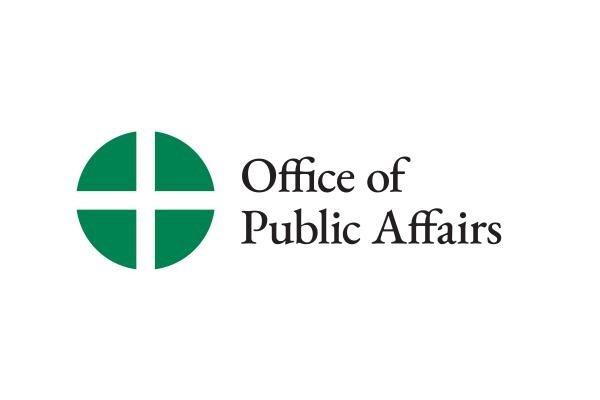U.S. Bishops’ Migration Chairman Addresses New Regional Migration Mitigation Efforts
WASHINGTON – On Thursday, the U.S. Department of Homeland Security and U.S. Department of State announced a series of actions being taken in response to the anticipated end of the Title 42 public health order on May 11 and increased migration throughout the Western Hemisphere. The government’s measures include doubling the number of refugees resettled from Latin America and the Caribbean, establishing regional processing centers in several countries, and intensifying immigration enforcement efforts. Bishop Mark J. Seitz of El Paso, chairman of the U.S. Conference of Catholic Bishops’ (USCCB) Committee on Migration, issued the following statement in response:
“We strongly support increased refugee resettlement from Latin America and the Caribbean as a reliable pathway to lasting safety for those who have been forcibly displaced. Therefore, we commend the Biden Administration for recognizing this need and look forward to its close coordination with civil society and Congress to ensure the successful integration of these newcomers. Importantly, the resources utilized for this purpose should not undermine existing access to resettlement for other refugees or impede the proper functioning of immigration processes generally.
“While we are relieved that the Administration does not plan to detain vulnerable families, given the unjustifiable and immoral harms of doing so, we are greatly concerned that such families, including those with young children, and others will be subjected to rushed proceedings without meaningful due process. We remain equally concerned that the Administration is still committed to coupling its reliance on expedited removal with severe restrictions on asylum eligibility and access. Once again, those who will bear the brunt of these measures are those most desperately in need of relief—those whose lives hang in the balance. Fundamentally, asylum exists for persons forced to flee because of potentially life-threatening situations. Bad actors who knowingly spread misinformation and prey on the vulnerable must be brought to justice, but we implore the Administration to respect the rights and dignity of persons urgently seeking safety at our border.
“No combination of legal pathways or harsh enforcement measures will suffice to meet the complex challenge of forced migration facing our country and hemisphere. Only through a long-term commitment to addressing root causes and promoting integral human development throughout the Americas, combined with an overhaul of our immigration system, will we be able to achieve the conditions necessary to sustainably reduce irregular migration.”
Last month, the USCCB submitted formal comments in response to proposed restrictions on the right to seek asylum at the U.S.-Mexico border.
###
Media Contacts:
-
Chieko Noguchi

